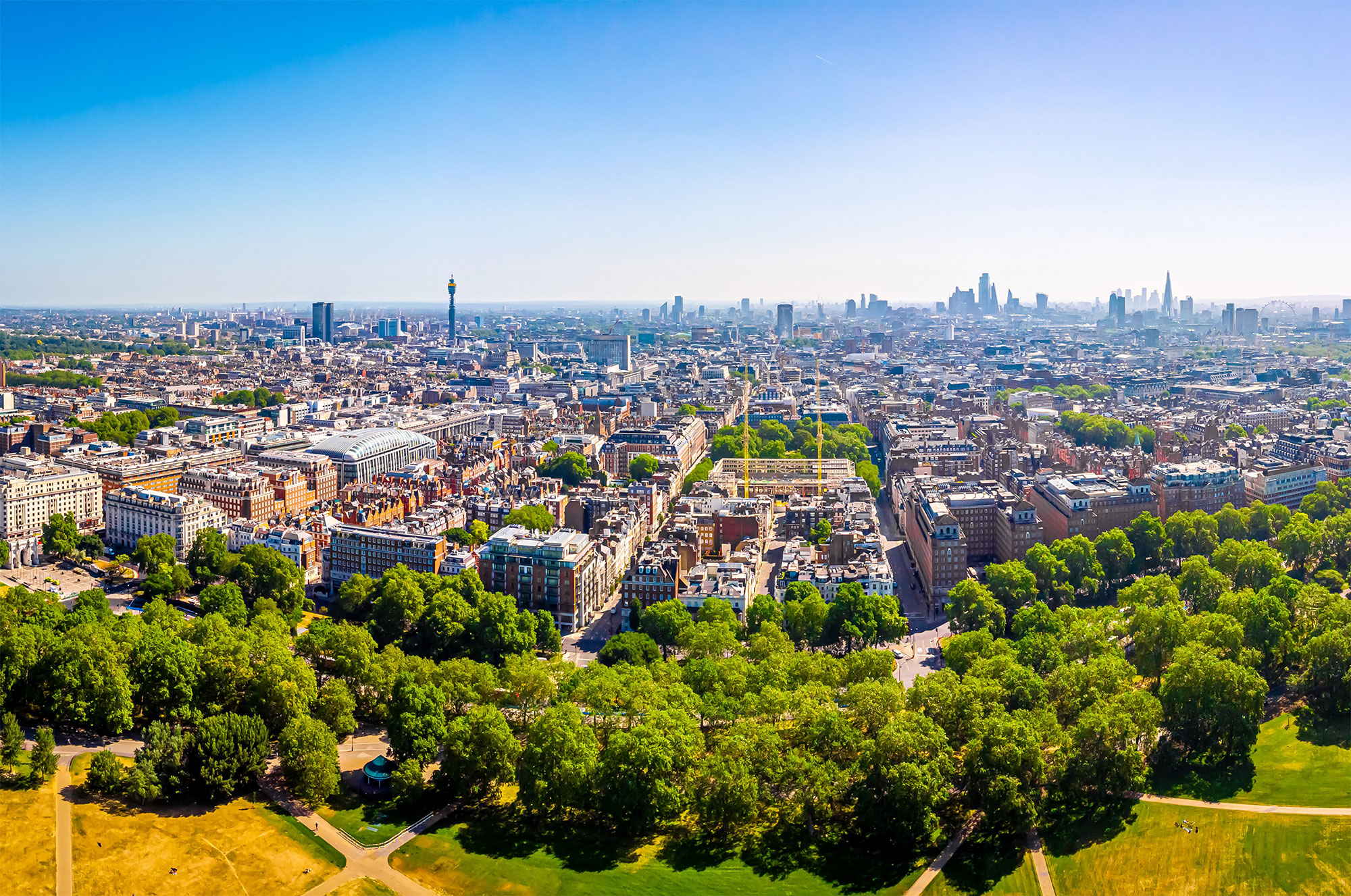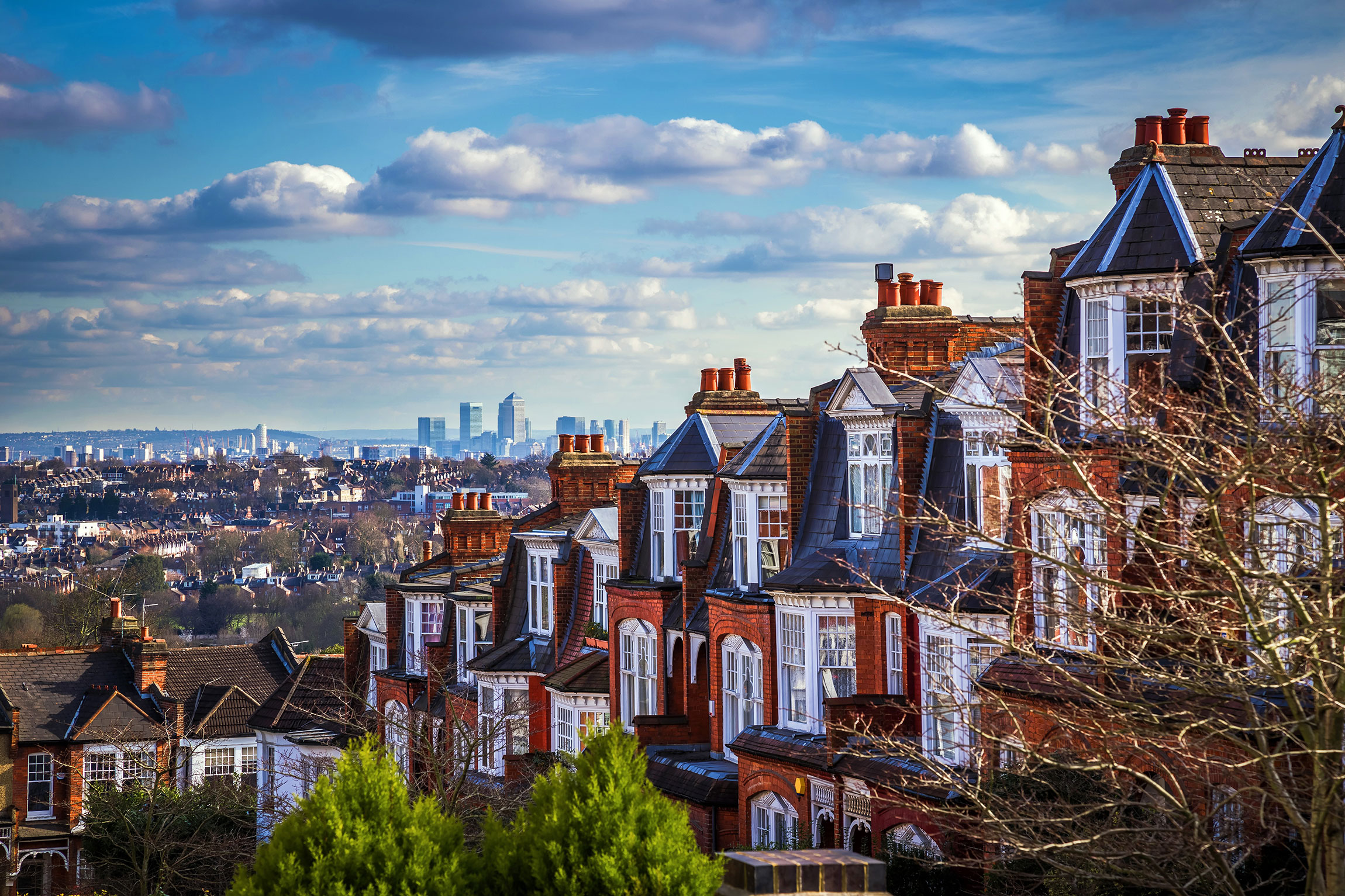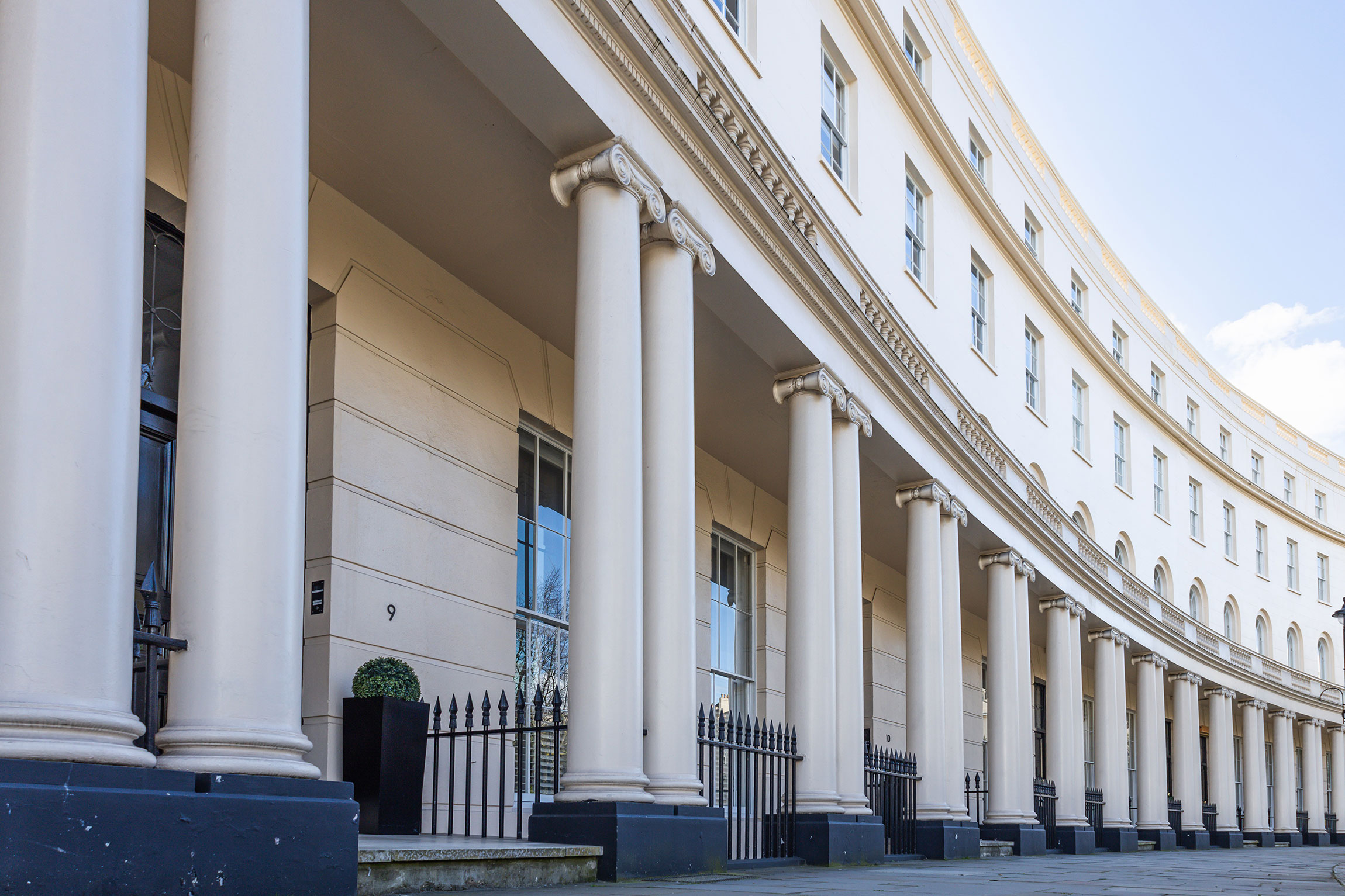Letting property in London can be rewarding — but it comes with significant legal responsibilities.
If regulatory compliance isn’t handled carefully, it can lead to fines, disputes, or even loss of the right to evict. At Winkworth, we believe that well-informed landlords make more confident and sustainable decisions. Below is a robust compliance checklist every London landlord should follow to keep their property on the right side of the law and maintain trust with tenants.
1. Annual Gas Safety Certificate (CP12)
If your property has gas appliances (boiler, gas hob, gas fire etc.), you must arrange an annual inspection by a Gas Safe–registered engineer. You must supply the tenant with a valid Gas Safety Record (CP12) at the start of the tenancy and retain copies for at least two years.
2. Valid Energy Performance Certificate (EPC)
All rental homes must have a valid EPC (minimum rating E). You must provide the tenant with this certificate before they move in. Failing to do so can prevent you from legally letting the property.
3. Electrical Safety: EICR & PAT Testing
Arrange a periodic Electrical Installation Condition Report (EICR) to check fixed wiring. Any appliances you supply should have Portable Appliance Testing (PAT). You must also provide a copy of your EICR to tenants when requested.
4. Licensing: HMO, Selective & Additional Licences
If your property houses five or more people in multiple households, an HMO licence is almost certainly required. Also, many London boroughs impose Selective Licensing in certain areas, even for standard rentals. Check with your local council to see if your property falls under any mandatory licensing scheme.
5. Fire & Safety Requirements
You must install at least one working smoke alarm on each floor and carbon monoxide alarms where solid fuel appliances are used. Furnishings you provide must comply with fire safety regulations, and all escape routes must remain unobstructed and safe.
6. Health & Safety (HHSRS)
Under the Housing Health and Safety Rating System, landlords must manage hazards like damp, mould, excess cold, poor ventilation, and faulty utilities. You are required to ensure that heating, drainage, utilities, and structural integrity are safe and maintained.
7. Tenant Screening & AML Checks
You must check prospective tenants’ identity, references, employment or income, previous landlord history, and credit status. For prime London properties, Anti-Money Laundering (AML) checks may also be necessary — especially when dealing with international tenants or large transactions.
8. Deposit Protection
Landlords must place tenant deposits into a government-approved scheme within 30 days of receipt and supply the tenant with the details of that scheme. Keep records until at least six months after the tenancy ends.
9. Provide the “How to Rent” Guide
You are legally obligated to supply tenants with the latest “How to Rent” guide at the beginning of th tenancy. Failure to do so can invalidate certain eviction notices under Section 21 of the Housing Act.
10. Tax Obligations & Records
Rental income is taxable. Landlords must submit a self-assessment tax return each year. If you live abroad, you may be subject to the Non-Resident Landlord Scheme, where tax may be withheld at source. Maintain accurate records of all rental income and allowable expenses.
Why Compliance Matters — Especially in London
- Legal Risks: Non-compliance can lead to fines, legal challenges, or restrictions on eviction rights.
- Tenant Confidence: High-quality, well-maintained properties attract better tenants.
- Institutional Reputation: Especially in premium postcodes, landlords are expected to uphold exemplary standards.
- Regulatory Change: With reforms like the upcoming Renters' Rights Bill, the compliance bar is only increasing.
Need help making sure your London property is fully compliant?Our Winkworth lettings teams across London offer compliance assessments, documentation
support, and strategic advice — ensuring your property stands strong in today’s demanding
regulatory environment. Contact us to start.



